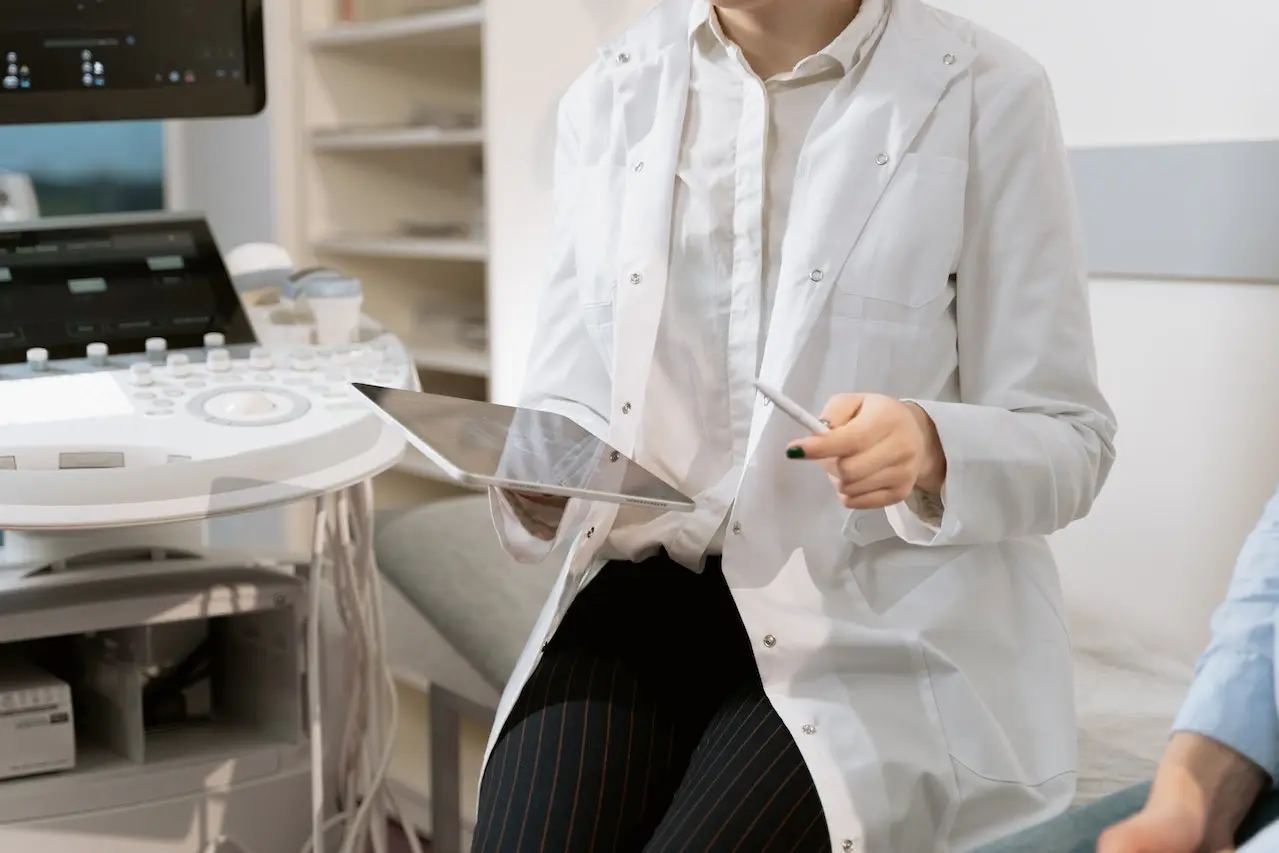Gynecologist Malpractice in South Carolina: Causes and Legal Remedies

The relationship between patients and their gynecologists is built on trust and a commitment to women’s health. However, when gynecological malpractice occurs, it can have profound and lasting effects on a woman’s well-being. This blog post aims to explore the causes of gynecologist malpractice in the beautiful state of South Carolina and provide insights into the legal remedies available to those who have experienced such unfortunate situations.
Understanding Gynecological Malpractice
Gynecologists play a crucial role in women’s reproductive health, providing care that spans from routine check-ups to complex procedures. Malpractice in this field can manifest in various ways, including misdiagnosis, surgical errors, failure to obtain informed consent, and negligence in prenatal care.
Misdiagnosis is a significant concern, as it can lead to delayed or improper treatment for conditions such as cervical or breast cancer. Surgical errors, though rare, can have severe consequences when they occur during procedures like hysterectomies or cesarean sections. Failure to obtain informed consent is another area of concern, as patients have the right to be fully informed about the risks and benefits of medical procedures before consenting to them.
Causes of Gynecological Malpractice
Several factors contribute to gynecological malpractice, ranging from inadequate training and communication breakdowns to fatigue and workload issues. Gynecologists, like all medical professionals, are human and susceptible to errors. However, certain systemic issues can exacerbate the risk of malpractice, such as time constraints, understaffing, and a lack of proper protocols.
Legal Remedies for Victims
Victims of gynecological malpractice in South Carolina have legal remedies available to seek compensation for the damages they’ve endured. Medical malpractice claims in the state typically require establishing that the healthcare provider breached the standard of care and that this breach directly resulted in harm.
If a gynecologist deviates from the accepted standard of care, leading to misdiagnosis, surgical errors, or other forms of malpractice, they may be held liable for the resulting damages. Compensation may include medical expenses, rehabilitation costs, loss of income, and emotional distress.
It’s essential for individuals who believe they have experienced gynecological malpractice to consult with an experienced medical malpractice attorney. These legal professionals can assess the details of the case, help determine liability, and guide victims through the complex legal process.
Conclusion
Gynecological malpractice is a serious issue that demands attention, awareness, and action. By understanding the causes and legal remedies available, individuals affected by such malpractice can navigate the path to justice and healing. The commitment to women’s health extends beyond the examination room and into the legal realm, where accountability and patient well-being take center stage.

